Nature reports
Page 7 of 75 - 750 Results

The National Geographic Society has announced that Mirte Bosse, biologist and geneticist at Wageningen University & Research and Vrije Universiteit Amsterdam, is among the winners of the 2025 Wayfinder Award. The official award..
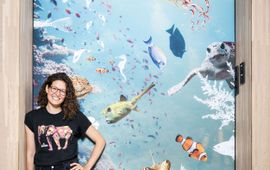
Tiny organisms called foraminifera can be incredibly useful for protecting coral reefs. Promovenda Elsa B. Girard developed a method to study them more efficiently. “This way, you can act before the corals are impacted.”..
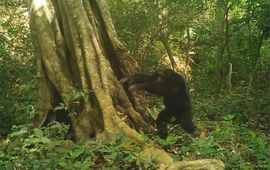
A recent study by behavioural biologists from Wageningen University & Research and the German Primate Research Centre has uncovered a remarkable phenomenon among wild chimpanzees in West Africa: the use of stones to produce sound,..
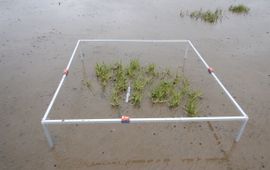
Cordgrass that establishes itself on virgin soil on the coast, tries to avoid the risks of being washed away by forming small clusters of plants. That is shown by the research of coastal ecologist Clea van de Ven, described in the..
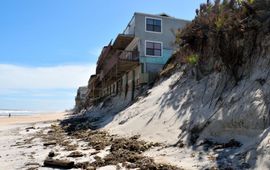
Worldwide, coastal areas are squeezed between a rising sea level on one end and human structures on the other. The distance between a sandy coastline and the first human structures averages less than 400 meters around the world...
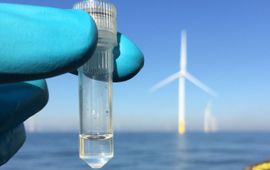
A new study by Wageningen University & Research shows that offshore wind farms not only produce energy, but may also contribute to the protection of marine life. Several shark and ray species were detected in and around Dutch wind..
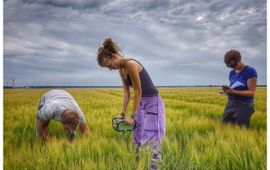
The less intensively you till the soil, the better the soil can function. Such as not ploughing as often or using more grass-clover mixtures as cover crops. These are the conclusions from a research team led by the Netherlands..
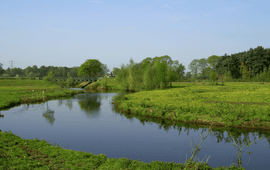
After a winter that was slightly drier than usual, the extremely dry spring is putting the Dutch water system under pressure. Groundwater levels have dropped significantly below the normal level for this time of year in many..
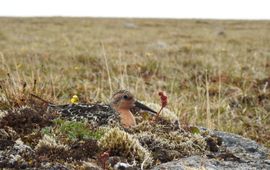
Many animal species become smaller or larger in recent decades, with climate change often mentioned as a cause. Red knots, shorebirds travelling ten thousand kilometers every year between breeding grounds in Arctic Russia and..
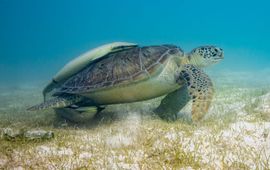
The results of recent research reveal both the vulnerability and the surprising resilience of tropical seagrass, despite the growing threats posed by climate change. Led by Fee Smulders from Wageningen University & Research,..
